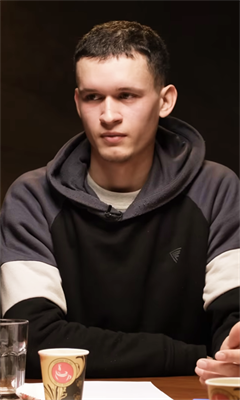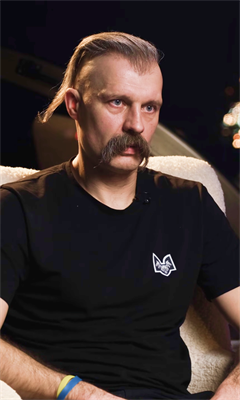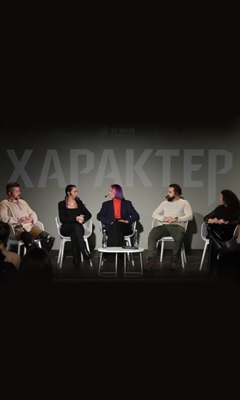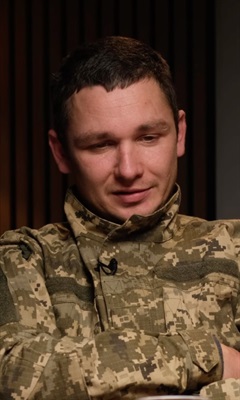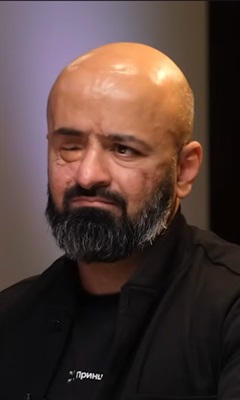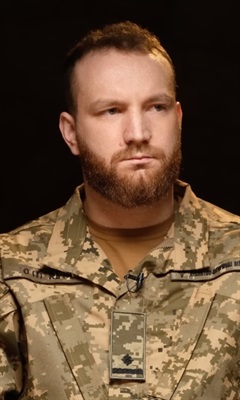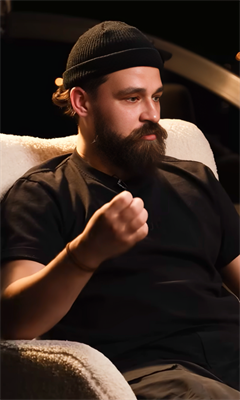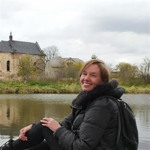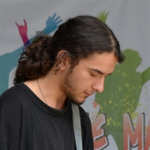Surgeon Dmytro Hanych carries on operating on the wounded in Popasna hospital hit by missiles
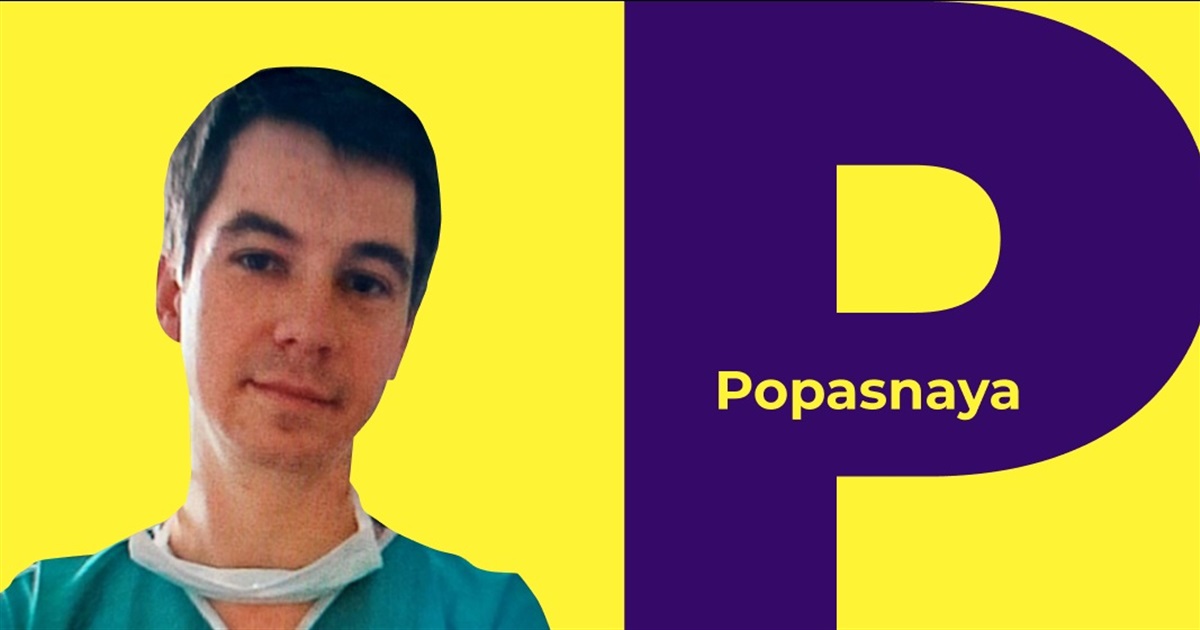
On March 4, I came to the hospital to take over the duties from another surgeon. I thought I would finish my shift and go home to Svitlodarsk. But an hour later, our block was shelled by Grads. One rocket exploded right next to the hospital, near the lab. The blast wave crashed all the glass in the intensive care unit and the OR.
On the same day, we admitted five people with severe wounds. A man from the town centre had second-degree burns of his entire body, another man had a tibia fracture. A wounded woman had to have her leg amputated, another one was brought with shrapnel head wounds. I tried to pull the shrapnel pieces out, but they were stuck firm in the skull bones. Fortunately, they didn’t penetrate through them. She was conscious; we provided first aid to her. On the same day, we sent all five of them with the ambulance that had come from Lysychansk.
The ambulance service doesn’t work in Popasna anymore, so people get to the hospital on their own. Many of them come with wounds from window glass, broken by blast wave. A man came from the town centre with a shrapnel fragment in his leg. I operated on him, but we can’t do complicated surgeries anymore, because the large operating theatre, which we used to gladly invite our international colleagues to, is destroyed.
After we had moved here, two men (later I found out that their names were Oleksandr Chemrat and Andriy Tkachenko) brought us several sandbags to barricade windows at least in our makeshift OR cum dressing room. When they came for the second time, they got under shelling, but they are fine.
The shelling here is frequent, severe, and horrible. Yesterday a missile hit the roof of the hospital. There was a fire, but a brigade of rescuers managed to put it out.
There are only two of us remaining at the hospital out of the entire medical staff – Natasha the nurse and myself. She is from another department, and I don’t even know her surname. It is so irrelevant now that I haven’t even thought of asking her about it.
Seventy-seven people, mainly the elderly, live with us in the basement. They are local residents who have moved in from the wooden barracks, built by German POWs back then. There are also twelve children. One boy was in shock, he was shaking – a missile hit his house. We don’t have any medicines for such cases. There are antibiotics and other meds but they would not work in this case. I put him next to me and talked to him until he calmed down. These people need to be evacuated from here, because they are still in danger.
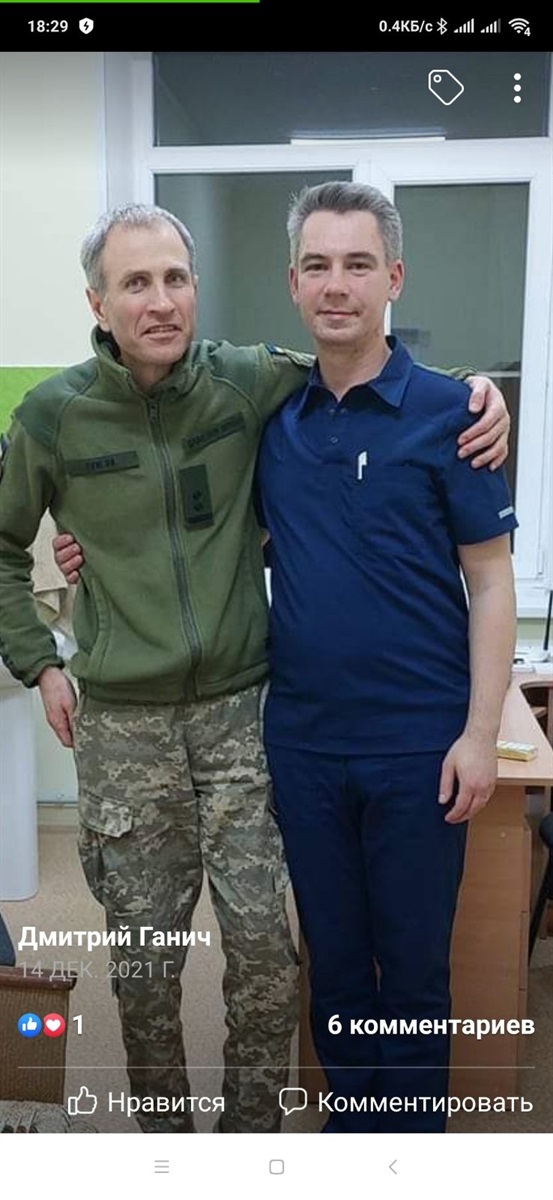 Dmytro Hanych (R) served as military surgeon in Chasiv Yar for three years
Dmytro Hanych (R) served as military surgeon in Chasiv Yar for three years
On March 7, the head physician and I tried to make it happen with the help of the head of the civil-military administration. I insisted on the need to accommodate people at the new place and provide them with food and drinks free of charge. I talked to these people about this option. Even in this situation, only nineteen people agreed to leave. The older ones flatly refused. But we didn’t get to evacuate even those willing, because the road from Bakhmut, where they were to be placed, was under constant shelling. Instead, we were offered a bus to Lysychansk, but without the accommodation option – they would just bring people there, drop them off, and that’s it. Nobody was willing to go.
It is warm in the basement; people take care of themselves: they cook whatever they have. There is no electricity. The military stationed in this block allow us to switch on the generator for short periods of time to boil some water and charge the phones. But it depends on the military situation at that moment, and it is very intense here.
I am a high level certificate physician. I have 12 years of work experience and three years of experience as a military surgeon. I can’t abandon these people. I am staying with them.
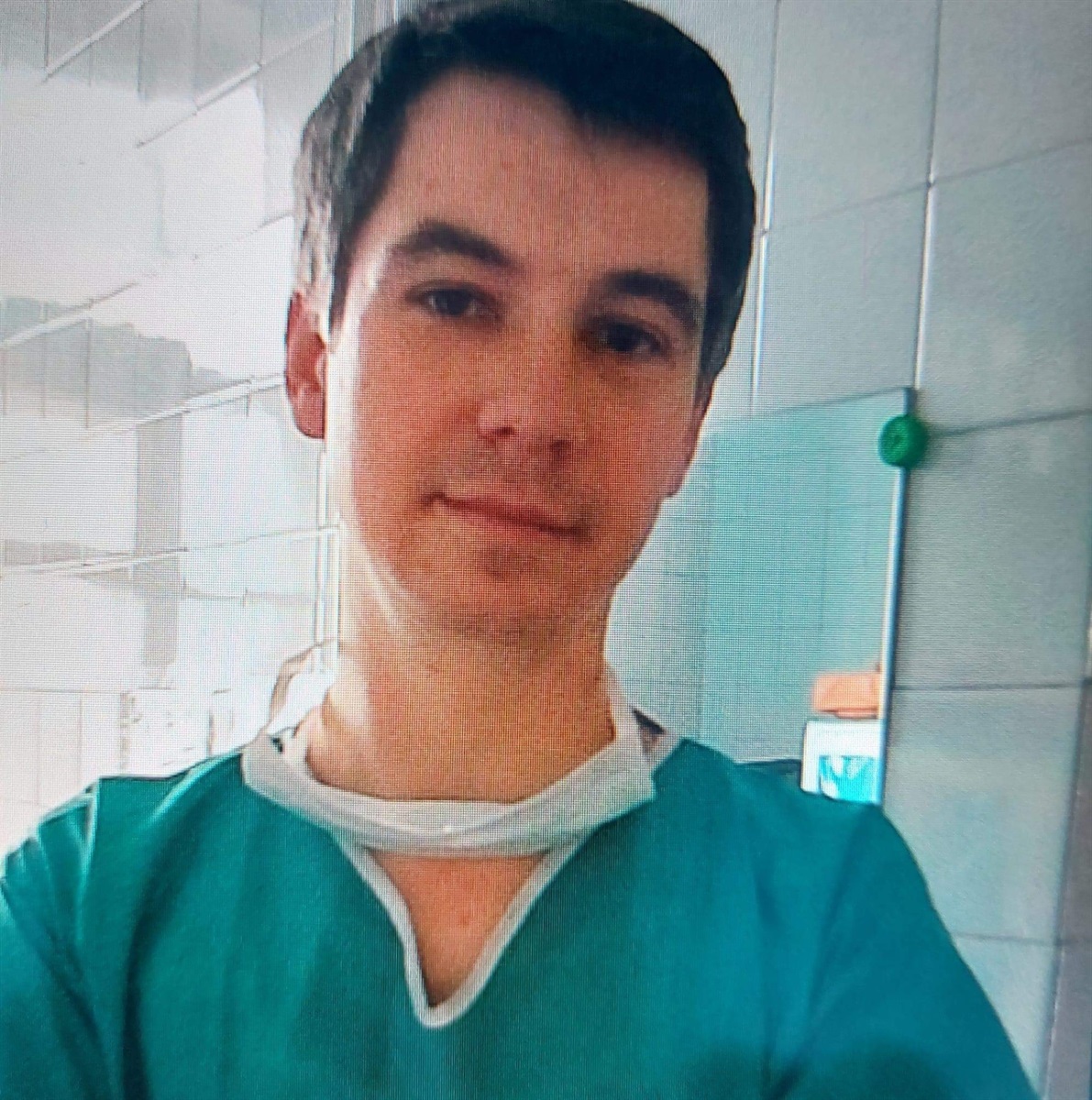 Dmytro HanychФото: Photo courtesy of Dmytro Hanych’s Facebook page
Dmytro HanychФото: Photo courtesy of Dmytro Hanych’s Facebook page
Today, March 10, the volunteers finally got through to us. They have brought food. Now I am going with them to Svitlodarsk, where I want to hug my 7-year-old son, take off my shoes and clothes smelling of war for the first time in 10 days, and take a shower. Tomorrow I will come back to the hospital and do my job till the end, till the victory. Glory to Ukraine!
Svoi: as of the moment of publishing, according to Oleh Ivasenko, the hospital’s head physician, some people from the hospital shelter have been successfully evacuated from Kamyshevakha by train.


